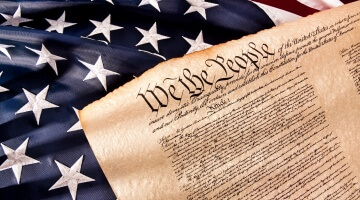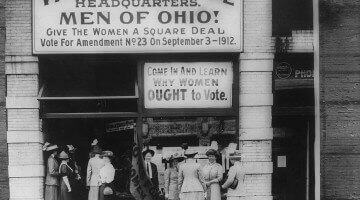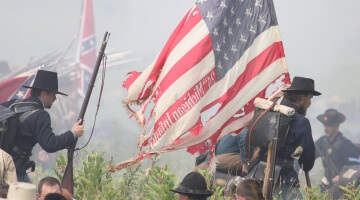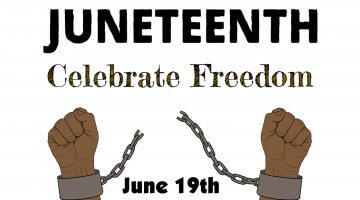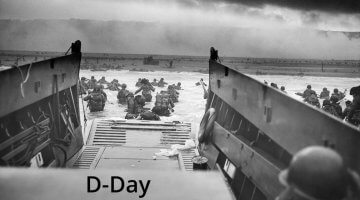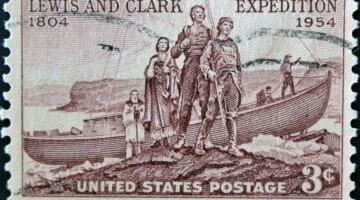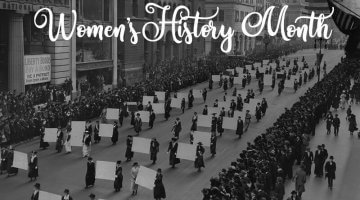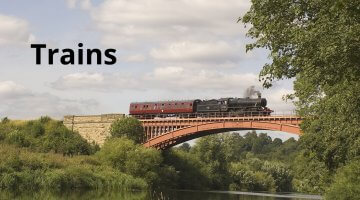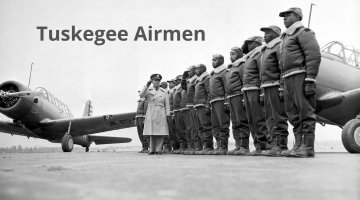“We the people of the United States, in order to form a more perfect Union, establish Justice, insure domestic Tranquility, provide for the common defense, promote the general Welfare, and secure the Blessings of Liberty to ourselves and our Posterity, …[Continue]
Women’s Suffrage
Women’s right to vote (known as suffrage) was fought for for more than fifty years, until the Nineteenth Amendment become national law 100 years ago on August 26, 1920. The idea began to gather steam at the 1848 Seneca Falls …[Continue]
Aaron Burr
Aaron Burr Jr. (February 6, 1756 – September 14, 1836) was the third Vice President of the United States (1801–05), serving during President Thomas Jefferson’s first term. Despite his successful career as a politician and lawyer, Burr is frequently remembered …[Continue]
Battle of Gettysburg
Often described as the Civil War’s turning point, the Battle of Gettysburg took place on July 1-3, 1863, in the town of Gettysburg, Pennsylvania. It was an extremely bloody battle, in the midst of an extremely bloody war. But in …[Continue]
Juneteenth
Juneteenth (a blend of the words “June” and “nineteenth”) is an annual celebration of June 19, 1865 when Union general Gordon Granger read that all previously enslaved black Texans were free. Although the Civil War had ended two months earlier, …[Continue]
D-Day
On June 6, 1944, Allied troops from the U.S., Britain, Canada and France, stormed the coastline of Normandy, France, taking the occupying Germans by surprise. The attack was the largest single-day invasion of all time, with over 130,000 troops arriving …[Continue]
Lewis and Clark
Meriwether Lewis and William Clark’s trailblazing expedition departed from St. Louis 201 years ago, on May 14, 1804. In a span of twenty-eight months, they covered 8,000 miles, journeying to the Pacific Ocean and back again….[Continue]
Women’s History Month
Women’s History Month traces its beginnings to the first International Women’s Day, held on March 8, 1911 in Copenhagen, spearheaded by Clara Zetkin, a German political leader. In 1981, responding to the growing popularity of the event in schools across …[Continue]
Trains
In 1830 there were only twenty-three miles of railroad in the United States. This number grew to 30,000 miles of track by 1860. Trains hold a mystique and fascination for many: the romance of leisurely travel, the thrill of building …[Continue]
Tuskegee Airmen
On July 19, 1941, the U.S. Air Force began a program in Tuskegee, Alabama to train black Americans as military pilots. At the time, the Army was segregated, and only whites were allowed to fly. In the five years that …[Continue]
